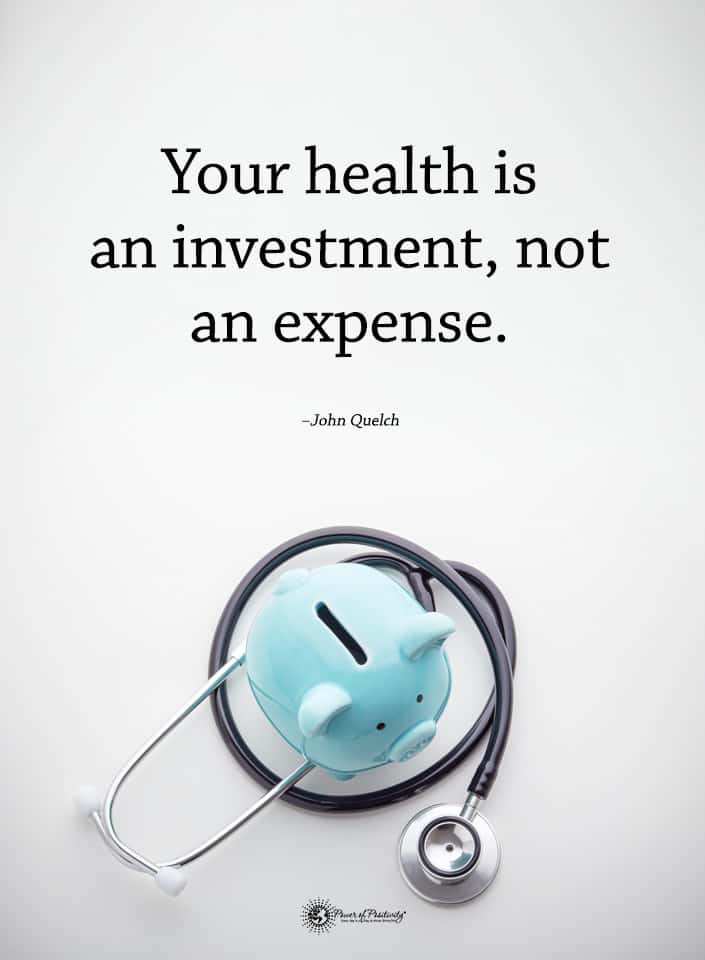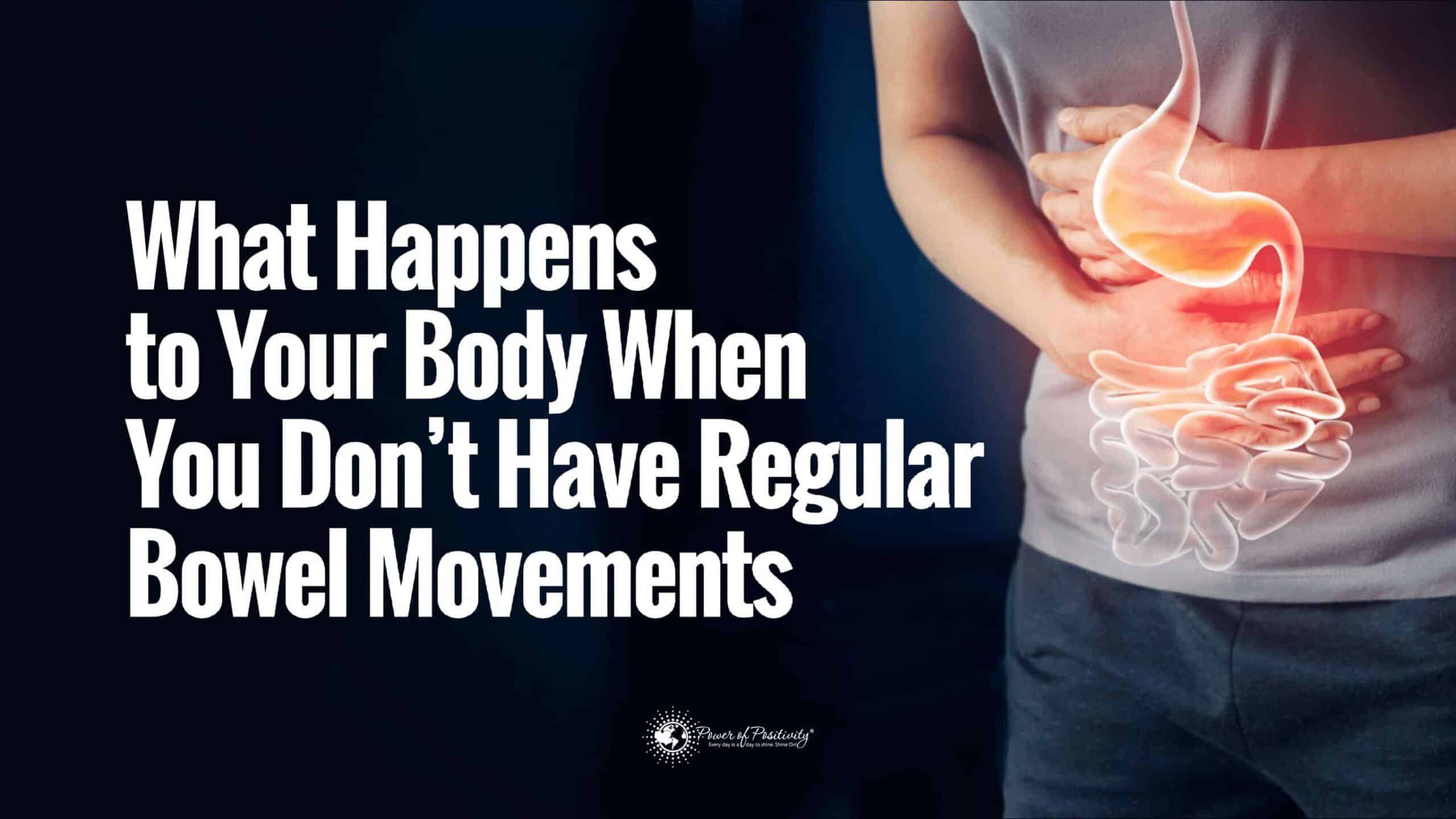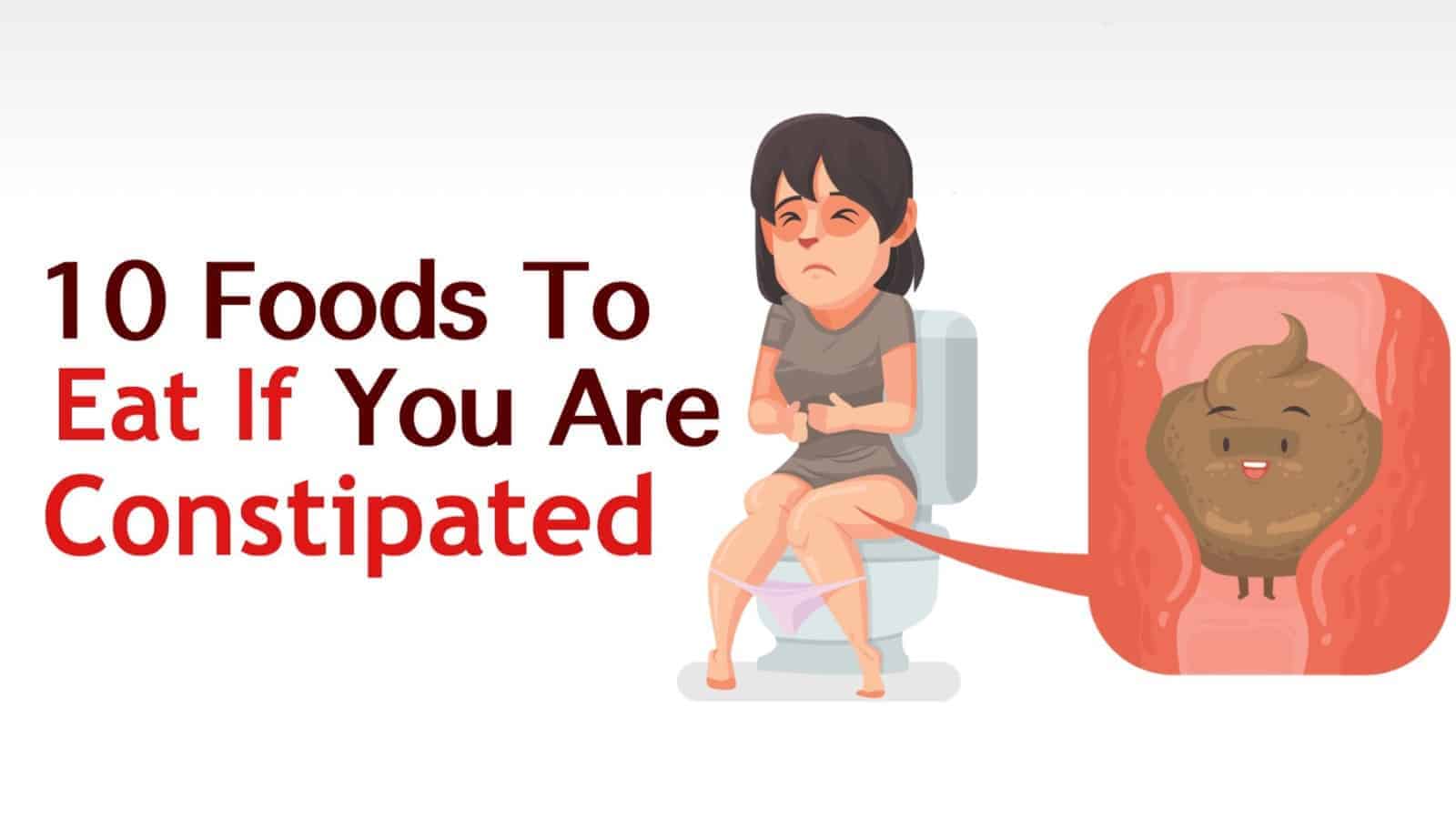Let me get straight to the point. How often do you poop? Your answer will reveal a lot about your health. You may wonder if you have a problem. Have you ever wondered what happens to your body when you don’t have regular bowel movements?
Pooping, taking a dump, or going number two, no matter what you call it, we all do it. Bowel movements are part of your body’s digestives process. It’s how your body rids itself of waste products. It can’t absorb like undigested fats, extra water, bacteria, proteins, and undigested residue of food.
What’s a normal bowel movement?
Regular bowel movements look different from person to person, but generally, you should have at least three bowel movements a week. Healthy individuals have one to three stools per day. If you have fewer bowel movements than this, or if your stools are dried out, hard and painful for you to pass, you could be constipated.
What does a healthy poop look like?
The characteristics of a healthy bowel movement probably isn’t a topic you’ve thought too much about. But doctors have studied this for years and came up with a list of criteria of what normal, healthy poop should look like.
- Color: Medium brown to dark brown. This shade means the feces have just the right amount of bilirubin from your liver. And, it’s not been absorbed too quickly.
- Strong smelling: The bacteria in the feces make the foul smell that indicates your poop is healthy.
- No pain: When you have a bowel movement, it shouldn’t hurt when it comes out, and you shouldn’t need to strain too much to pass the stool.
- Texture: Soft and firm with one long piece instead of several smaller bits indicate a healthy stool. The shape is like a sausage because that’s the shape of your intestines.
- Similar every day: Healthy poop will look different to everyone, but if you see some weird changes, you should take note. If things are suddenly different from usual in size, shape, color, or smell, there may be something going on.
Poop colors and what they mean
Okay, another weird topic, but you may have wondered about your poop colors. Different colors of poop mean different things. Some colors are no big deal, while other colors could indicate there’s something more serious going on in your body. Here’s a list of poop colors and what each shade suggests.
- Brown to dark brown poop: Normal, healthy feces should be this color.
- Green poop: This means your poop moved through your digestive system so fast it didn’t have time to turn brown.
- Black poop: If you have black poop, it’s not a good sign. Black poop means there’s some dried blood mixed with the feces. You could have bleeding in your intestines. If it persists, call your doctor.
- Yellow poop: This color of poop means your body isn’t digesting fat properly, so the fat isn’t getting absorbed. This hue could mean you have a medical problem. Call your doctor right away to find out what’s going on.
- White or clay looking poop: This means your liver isn’t delivering bile properly into your intestines. This poop isn’t healthy and could mean you have some liver problems. Contact your doctor immediately.
- Blue poop: This usually means you’ve eaten food with blue or green dye in it. This shade isn’t harmful. However, it can be a surprise when you see it.
- Red poop: Bright red blood can mean you have hemorrhoids in your anus or intestines that have ruptured. They may bleed a bit but then should clear up by your next bowel movement. If you continue to have red poop, contact your doctor.
What causes constipation?
Constipation typically isn’t a big concern, but it can be uncomfortable. Here are seven of the most common things that contribute to you becoming constipated.
1 – Changes to your diet
If you’re traveling or on vacation, you may get constipated. The sudden change in the diet and modification of activities affects your eating. You may not be eating as healthy as you usually do, or you may be eating less than usual. All these things impact your digestive system, which in turn disrupts your bowel function.
2 – Not eating enough fiber
-Fiber bulks up your stool, softens it and makes it easier to pass so you don’t get constipated. Fibrous foods are critical to having normal, healthy bowel movements.
3 – Not enough water
Water helps your digestive system by keeping your digestive system functioning smoothly.
4 – Lack of exercise
Not exercising is a significant cause of constipation. When you exercise, your heart and breathing rates pick up, and this causes your digestive system, especially your intestines, to work and pass a stool.
5 – Stress
Your brain and gut are connected. You’ve experienced this when you feel nervous and feel it in your gut. Your stomach gets tight, and you lose your appetite. The effect of stress and anxiety on your gut is something doctors are just beginning to understand more.
When you’re nervous, you may resist the urge to have a bowel movement. Or, you may have diarrhea when you’re nervous, which upsets the regularity of your bowel movements and causes constipation.
6 – Too many laxatives
The overuse of laxatives can make you dependent upon them for a bowel movement. It may cause your digestive system to function incorrectly. These are serious side effects, and you should find otter ways to stimulate a bowel movement.
7 – An underactive thyroid
Hypothyroidism slows down your body’s natural functions. One side effect of it is constipation. Lack of proper thyroid hormone makes your intestinal muscles to slow down, which causes constipation.
How to Promote a Bowel Movement When You Are Constipated
If you cannot have a bowel movement, you are uncomfortable and bloated. Here are six effective suggestions for almost immediate constipation relief.
Warm lemon water
Heat up a mug of half water and half lemon juice. Drink it before bed and then again when you wake up in the morning. Keep trying this for a couple of days. Be sure to rinse your mouth afterward, since lemon can be harsh on your teeth enamel.
Prunes
Your grandma was right on to something eating prunes every day. Prune juice is also a great remedy because it acts as a laxative.
Olive oil
Take a teaspoon of olive oil in the morning while your stomach is empty to rev up your digestive system and stimulate your intestines. The oil makes it easier for the stools to pass through your intestines.
Cooked apricots
Remove the pits and chop up the apricots. Put them in a small pan with a little brown sugar, and a couple of tablespoons of water. Cook on low heat until they soften. Let cool. Eat them for breakfast or a snack in yogurt or by themselves.
Strong coffee
Drink a cup of strong coffee without milk. The caffeine will help to stimulate your bowels.
Mineral oil
Mineral oil is a lubricant that softens stools and makes it easier for you to pass a stool. Follow the directions on the package. Never take more than recommended and don’t use this method too often. Otherwise, your bowels will get sluggish.
How to sit on the toilet correctly for a more comfortable bowel movement
When you need to have a bowel movement, you should keep the proper position. Keep your knees higher than your hips. You can use a small footstool to do this. Keep your back straight. Don’t push, but tense up your stomach to help your bowels move.
How to prevent future constipation?
Constipation is no fun. Here are some simple ways daily practices to prevent you from getting constipated in the future.
Eat lots of fiber
Fiber helps your gut function better, and it bulks up your stools. Thus, they’re easier to pass.
Eat foods high in fiber like:
- Whole grains: cereals, pasta, oatmeal and bread
- Legumes: Black beans, kidney beans, soybeans, and chickpeas
- Fruit: Berries, apples, oranges, pears, peaches
- Vegetables: Carrots, green beans, lettuce, broccoli
- Nuts: Pecans, walnuts. almonds
Drink lots of water
You may think you drink plenty of water. But studies show that adult females should drink 2 to 2.5 liters of water a day while adult men should drink 2.5 to 3.7 liters per day. If you’re very active like jogging or doing vigorous aerobic exercises, you’ll need to drink more water. Water helps your gut digest foods and move undigested foods through your intestines for better bowel movements.
Avoid junk foods
Foods high in fat, carbs, and little fiber makes you prone to constipation, foods like
- Fried, fatty foods
- Processed foods, snack foods
- Hot dogs, microwaveable meals
- Sweets-candies, cookies, sweet muffins and cakes
 Final Thoughts on How Not Having Regular Bowel Movements Impacts Your Body
Final Thoughts on How Not Having Regular Bowel Movements Impacts Your Body
Bowel movements are a normal part of life—everyone poops.
Normally, you should have a regular bowel movement pattern, which indicates your body is healthy. Because different colored poop can reveal health issues, check your stools. Of course, traveling, overeating fast food, or forgetting to drink enough water may cause constipation.
Constipation isn’t serious, generally speaking, but it is uncomfortable. There are several things you can do for immediate relief. Maintaining a healthy diet with exercise and fluids can help you prevent future constipation. Good digestive health without constipation means you eat high fiber, drinking lots of water, and eating fruits and vegetables every day.
That combination of water and diet will help you produce healthy bowel movements.




















